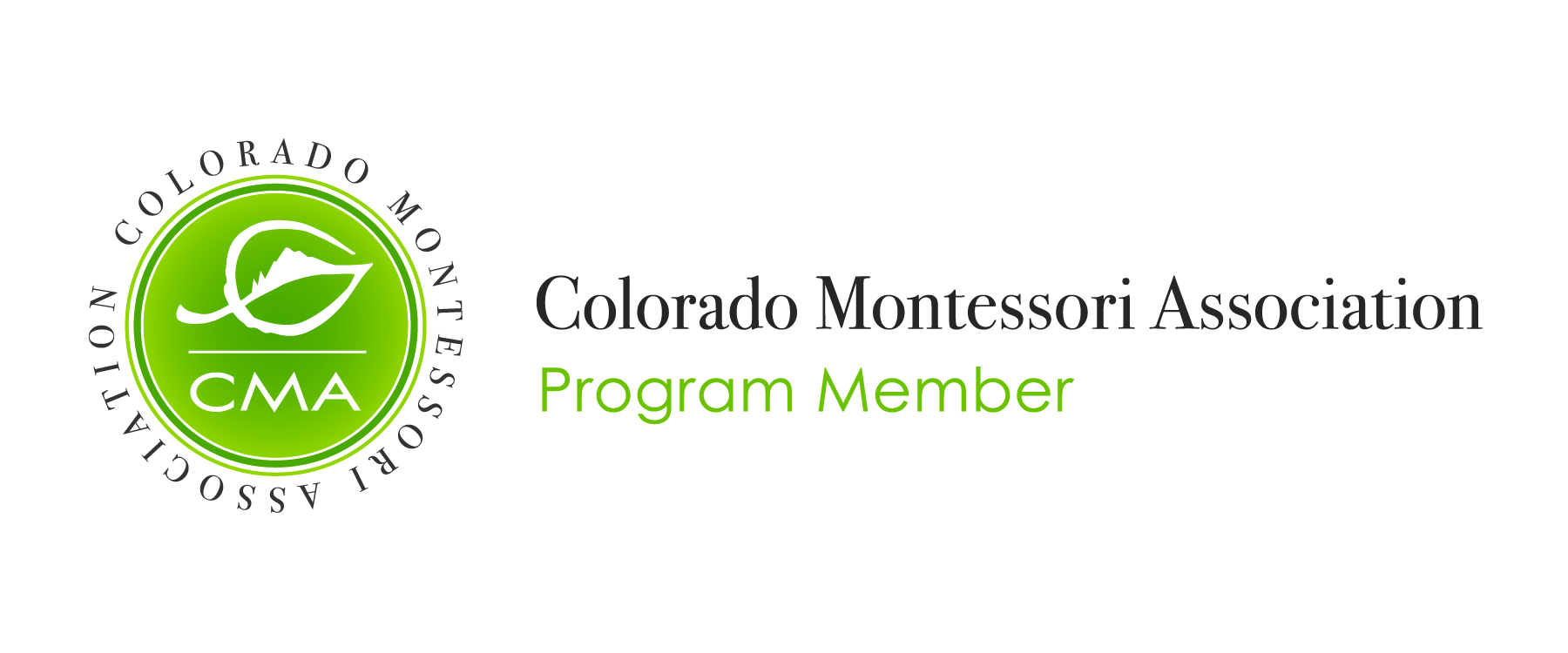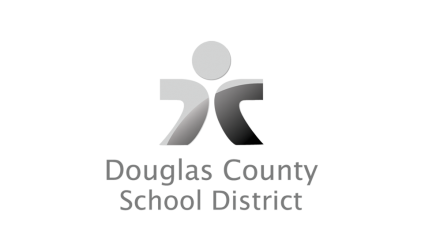Curriculum ~ Upper Elementary
Reading
Upper Elementary students focus on “reading to learn”, while continuing to develop the 5 key components of reading: Phonemic Awareness, Comprehension, Fluency, Decoding, and Vocabulary. Our students participate in reading groups based on their ability and interest, they read independently during Drop Everything And Read (DEAR) time, and then students support their own independent comprehension through Accelerated Reader (AR) quizzing. They participate in expanding their comprehension by analyzing, interpreting, and synthesizing information and ideas, from both literature (fiction) as well as a variety of reference sources (non-fiction). Reading becomes more interconnected in their other studies, as research in the sciences, history and cultural studies, becomes the platform for comprehension expansion in non-fiction, working to identify essential and non-essential information. Development of reading goes hand in hand with their cognitive development. As they begin their adolescent search for their own identity, students begin to reflect upon the fictional characters and make connections between themselves and those characters they read about, searching for the author’s purpose along the way. Every Upper Elementary Montessori activity has reading intertwined, which expands a student’s vocabulary and ability to infer. The students’ abilities are tracked through a multitude of assessments, TCAP, MAPs, Accelerated Reader, and STAR Diagnostics, such that we can assure ourselves of their progress and required growth or to intervene as necessary. In the Upper Elementary, students grow in their reading ability through exposure to different types of literature, non-fiction recourses, independent and group reading. Through the variety of assessments, we are able to track their needs and progress ensuring each students’ success. Finally, in addition to the above statements, the true strength of our reading program lies in our Montessori educators, and the 3 year cycle, which allows our staff to make a personal connection to their students and to identify their interest; as to provide them with reading materials that truly engage them as well as help to develop all their abilities in becoming a successful reader.
Writing
![[Tags] IMG_4046-300x225 Curriculum ~ Upper Elementary](http://dcsmontessori.org/wp-content/uploads/2013/11/IMG_4046-300x225.jpg) Writing in Upper Elementary is an extension and expansion of the principles taught in Lower Elementary. Six trait writing is used as our guide and our goal for how the students ultimately express themselves in writing. The students are assessed on six critical traits of writing twice a year and the assessments drive subsequent instruction. The traits include ideas, organization, voice, word choice, sentence fluency, and conventions. Each of the traits requires initial instruction with extended writing assignments across the curriculum. Students write on a daily basis and learn to incorporate revising and editing techniques to create a cohesive written product. Computers and Alpha Smarts are used to aid in this endeavor.
Writing in Upper Elementary is an extension and expansion of the principles taught in Lower Elementary. Six trait writing is used as our guide and our goal for how the students ultimately express themselves in writing. The students are assessed on six critical traits of writing twice a year and the assessments drive subsequent instruction. The traits include ideas, organization, voice, word choice, sentence fluency, and conventions. Each of the traits requires initial instruction with extended writing assignments across the curriculum. Students write on a daily basis and learn to incorporate revising and editing techniques to create a cohesive written product. Computers and Alpha Smarts are used to aid in this endeavor.
Writing instruction for Upper Elementary students covers a vast array of styles and genres: narrative, expository, persuasive, compare/contrast, and poetry, among others. Grammar lessons are woven throughout instruction with the aim being to produce a clear, concise piece of writing. By the time the students leave us in 6th grade they are able to communicate through writing in a thoughtful, creative, and comprehensive manner.
Math
As Lower Elementary Math builds a concrete foundation of conceptual understanding, Upper Elementary Math takes students into a guided discovery of mathematical applications. The classroom is full of materials that were at one time used for helping students to construct a concrete understanding of basic math principles. These same materials are now being used to assist students in a greater understanding of advanced math. What was once used for teaching students place value, the Golden Beads now teach students to square binomials. As students enter the classroom, they have learned math facts, but spend time in Upper Elementary working towards increased recall time. By methods of drills, materials or simply working out problems, students are able to memorize math facts by the time they leave the classroom. Upper Elementary math does not stay stationary; rather, its fingers are felt in all components of the curriculum. Students study the evolutionary history of mathematics and the importance it has played on the history of humankind. Math education also appears in the science lab, as students take what they have learned and apply it to science lessons. Math also has literacy applications in the study of solving everyday problems through comprehension and writing of problems faced in everyday life. In the Upper Elementary, Math is not simply memorized, but applied to the student’s everyday lives.
Science
![[Tags] IMG_4046-300x225 Curriculum ~ Upper Elementary](http://dcsmontessori.org/wp-content/uploads/2013/11/dcs-montessori-2010-277-300x199.jpg) Maria Montessori herself was a scientist. As the first female physician of Italy, she used her curiosity and love of the natural world to guide her curriculum. She saw all things in life as inter-connected. Another characteristic of Montessori science for elementary students is to find the “order” of living things. Using binomial nomenclature to classify the flora and fauna of our world is a key activity in which students learn. In this way, students see how species are similar and different. Experiments in the science curriculum demonstrate and support how our planet and its inhabitants proceed on the journey of life. Astronomy, biology, botany, chemistry, ecology, geology, human anatomy, meteorology, and physics are all topics that upper-elementary students study and research in more depth than their younger counterparts. One of the hallmarks of her science curriculum is to experience real world examples, such as species of plants and animals. For this, we have provided children with the opportunities to work in the Science Lab and Outdoor Classroom and events like the Science Fair and regular field trips to parks, zoos, arboretums and the like to enhance their natural interest in nature.
Maria Montessori herself was a scientist. As the first female physician of Italy, she used her curiosity and love of the natural world to guide her curriculum. She saw all things in life as inter-connected. Another characteristic of Montessori science for elementary students is to find the “order” of living things. Using binomial nomenclature to classify the flora and fauna of our world is a key activity in which students learn. In this way, students see how species are similar and different. Experiments in the science curriculum demonstrate and support how our planet and its inhabitants proceed on the journey of life. Astronomy, biology, botany, chemistry, ecology, geology, human anatomy, meteorology, and physics are all topics that upper-elementary students study and research in more depth than their younger counterparts. One of the hallmarks of her science curriculum is to experience real world examples, such as species of plants and animals. For this, we have provided children with the opportunities to work in the Science Lab and Outdoor Classroom and events like the Science Fair and regular field trips to parks, zoos, arboretums and the like to enhance their natural interest in nature.


